Keywords: Sex Abuse
There are more than 200 results, only the first 200 are displayed here.
-
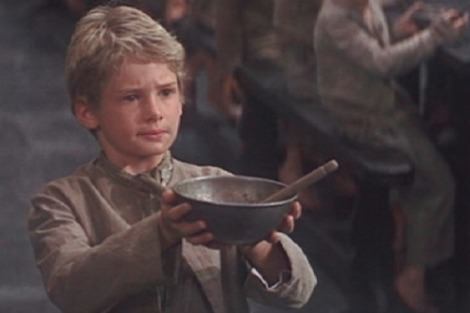
AUSTRALIA
- Kate Galloway
- 26 August 2016
15 Comments
Oliver Twist is still used to aid understanding of the trauma arising from poverty, and the suffering of children at the hands of individuals and within institutional settings. In broader Australian society we assume Dickensian attitudes to children have evolved. Aligned with the sentiments behind child protection, society's image of children and childhood is idyllic. Yet beneath this veneer lies a substratum of deeply ambivalent, even malevolent, attitudes towards children with a distinctly Dickensian flavour.
READ MORE 
-
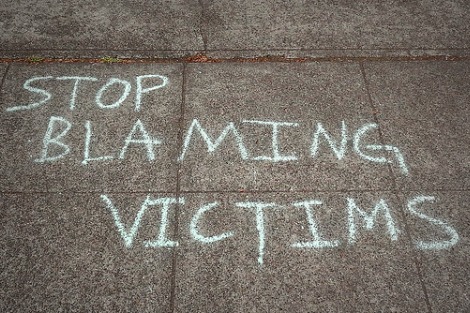
AUSTRALIA
- Madeleine Hamilton
- 24 August 2016
14 Comments
The response from police and others in authority to recent cases involving the abuse or exploitation of adolescent female sexuality is depressingly reminiscent of attitudes held more than 50 years ago. While it was no defence to argue that the girl had consented, if it could be proven she had had consensual intercourse with other men previously, the offender could be acquitted. Consequently, in carnal knowledge trials, girls were frequently accused of having rich histories of sexual activity.
READ MORE 
-
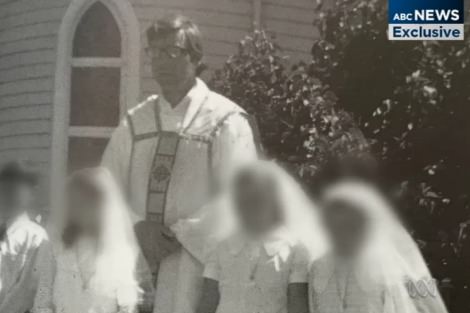
RELIGION
- Frank Brennan
- 29 July 2016
81 Comments
Wednesday night's ABC 7.30 program carried allegations against Cardinal George Pell which, if true, are devastating: life ruining for victims like Damian Dignan and Lyndon Monument; confronting for all citizens committed to the wellbeing of children; and earth shattering for Catholics who still have faith in their church. The report is also troubling for those of us concerned about due process and the rule of law - not as academic notions for lawyers but as the secure bulwarks of a society in which everyone's rights and interests are protected.
READ MORE 
-

AUSTRALIA
Having worked in closed organisational systems like Victoria Police and various government departments, I have often reflected on how and at what point organisations and their employees become comfortable with the belief that their ideas and attitudes are better informed than those of the general populous - and that their survival is more important. A very stark example of this are the recent court decisions relating to the Hillsborough Stadium disaster in 1989, where 96 people were killed.
READ MORE 
-

RELIGION
- Frank Brennan
- 22 April 2016
16 Comments
The Royal Commission into Institutional Responses to Child Sexual Abuse has now published its Case Study 26 on the Neerkol Orphanage in Rockhampton. It finds that the response by the bishop and by the Sisters of Mercy to victims making complaints prior to 1996 was often inadequate and lacking in compassion. The word 'compassion' or 'compassionate' appears 21 times in the report. I have no problem with church people or other individuals adversely judging church leaders for a lack of compassion. There may even be a case for politicians doing it. But I don't think it's the job of a royal commission.
READ MORE
-
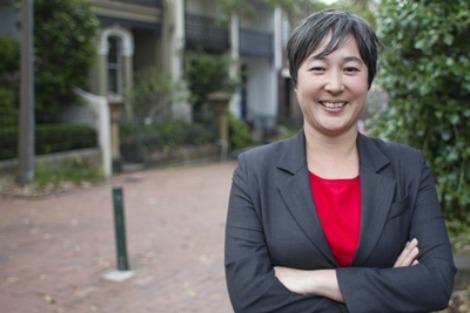
AUSTRALIA
- Justin Glyn
- 20 April 2016
9 Comments
Last week, a member of Parliament, Jenny Leong, allegedly faced racist and sexist abuse by police from at least four separate commands. This abuse was linked to her opposition (in accordance with her party's stated policy) to the use of drug sniffer dogs without a search warrant. Whether or not one agrees with Green party policy in this regard, the treatment of Leong ought to rankle. Such ill-treatment at the hands of the executive is, unfortunately, not an isolated phenomenon.
READ MORE 
-

RELIGION
- Andrew Hamilton
- 07 April 2016
19 Comments
How do good people sink to this? The answer lies in the mutation of economic ideology from the crude buccaneering spirit of doing whatever it takes to get rich into a more urbane form. People see themselves as competing, not only for their own economic benefit, but for that of the company. This means greed can mask itself as altruism in serving a larger good. And as in the case of churches, identification with the company provides reason for protecting the company's reputation at all costs.
READ MORE 
-
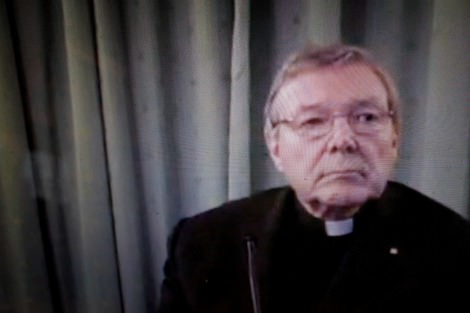
AUSTRALIA
- Paul Coghlan
- 07 March 2016
42 Comments
'It was a sad story and it wasn't of much interest to me.' Pell's brutal response to a question from the royal commission has provided an important point of organisational, personal and cultural reflection. As a survivor of child sexual abuse I understand the disbelief, shock and outrage that such a comment has provoked. And having conducted many organisational reviews, I know that in trying to find the origins of such responses, our understanding of how the world works expands exponentially.
READ MORE 
-

AUSTRALIA
- Moira Rayner
- 04 March 2016
40 Comments
A feeding frenzy is afoot over the review of Safe Schools program. At the same time poor old George Pell is under attack for failing to observe that his Ballarat colleagues were prolifically enabling Ridsdale and other pedophiles to sexually abuse little boys. The prurient desire to control the sexual interests of others on the one hand, and on the other the gross failures by institutions to protect vulnerable children in their care, are sadly linked to an unwillingness to face the truth about human sexuality.
READ MORE 
-
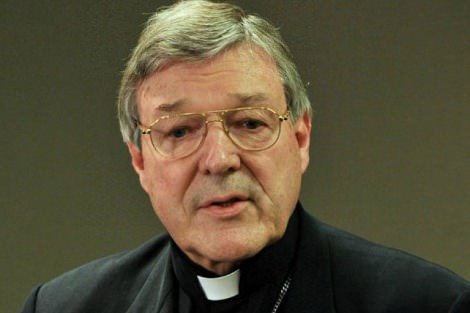
RELIGION
- Frank Brennan
- 23 February 2016
47 Comments
McClellan and his fellow commissioners on the Royal Commission into Institutional Responses to Child Sexual Abuse have a daunting task in the next fortnight, according due process and natural justice to a high profile witness on the other side of the world who has been publicly labeled 'scum', 'buffoon' and a 'coward', being the subject of unauthorised leaks about uninvestigated complaints from a police service which itself is under scrutiny for its past cooperation with the witness and his Church.
READ MORE 
-
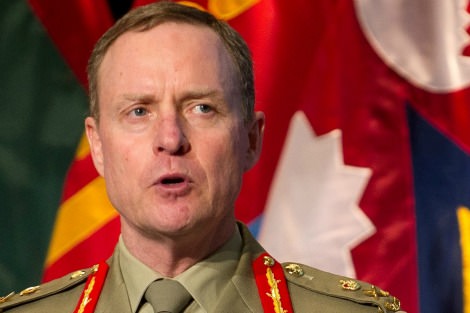
AUSTRALIA
- Donella Johnston
- 17 February 2016
18 Comments
The movement to end violence against women needs men in positions of influence, such as Australian of the Year David Morrison, to add their voices to those of the women spearheading the campaign. Male religious leaders can play an important role, but must first confront an important question: if one of the key causes of family violence is gender inequality, can they speak with authority if they are part of an institution that has no women episcopal decision-makers or leaders?
READ MORE 
-
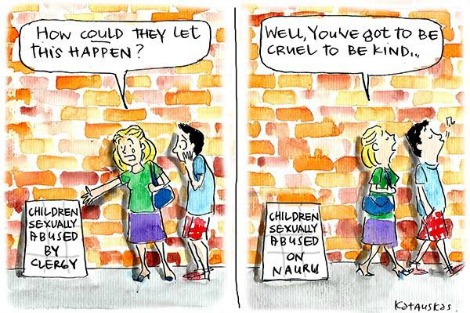
CARTOON
- Fiona Katauskas
- 10 February 2016
5 Comments
This week's offering from Eureka Street's award winning political cartoonist.
READ MORE 